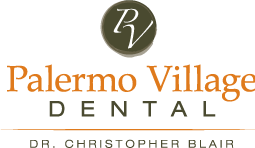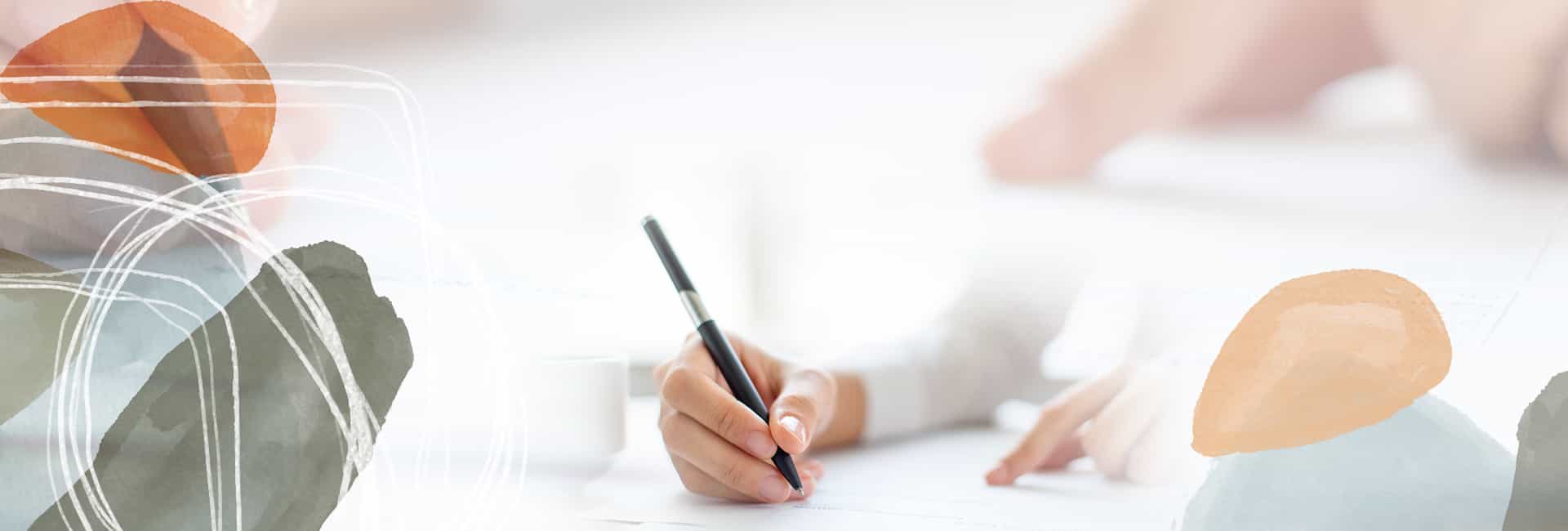Getting a dental implant can be a life-changing experience for many patients. After all, it can restore their ability to smile fully, speak clearly, and enjoy their favourite foods. However, following the aftercare instructions provided by your dentist, including the dietary restrictions, is crucial. One of the most common restrictions is to avoid dairy products for a specific period.
Dairy is believed to inhibit the absorption of antibiotics, cause an inflammatory response, cause discomfort, and get in the way of optimal healing. After a dental procedure, a no-dairy diet may help support a healthy recovery.
Why Avoid Dairy After a Dental Implant
Dental implants are a great way to restore your smile, but taking special care of them is important while healing after the procedure. Although many people love dairy products, it’s essential to understand why dairy should be avoided after a dental implant.
Dairy Products Can Interfere with the Healing Process
While dairy products are usually a rich source of calcium and other nutrients your body needs, they may also interfere with healing after a dental implant. Dairy products can lead to an increase in the amount of bacteria in your mouth.
The bacteria in dairy products can cause an infection, and the high saturated fat content in dairy can trigger inflammation around the implant, leading to implant failure.
Dairy Products May Interfere with Antibiotics
Dairy products are rich in calcium, which is vital for bone health and dental implant success. However, consuming them after the surgery can interfere with the healing process. If you need to take antibiotics after your dental implant, the calcium content of dairy products can interfere with the absorption of the antibiotics.
This means the antibiotics might not be as effective, leading to possible complications such as infection or implant rejection. Therefore, it is always recommended to consult with your dentist to know when you should eat dairy products after taking antibiotics.
Dairy Products Can Cause Discomfort
For some patients, dairy products can cause discomfort or pain around the implant site. This is because dairy products can cling to the implant and create an attractive environment for bacteria, turning into acids in the mouth. This can lead to inflammation and irritation, which can be uncomfortable and painful while healing.
Non-Dairy Sources of Calcium Are Available
Although dairy products are a common source of calcium, several non-dairy sources of calcium can be consumed during the healing period after a dental implant, such as:
- Sweet potatoes
- Kale
- Spinach
- Collard greens
- Butternut squash
- Arugula
Your dentist can provide additional recommendations that can help keep you strong and healthy.
What Should You Eat After a Dental Implant Procedure?
Dental procedures can be uncomfortable, and modifying your diet to consume the nutrients you need without aggravating your new dental implant is crucial. While your dentist will give you instructions on what to eat and what to avoid, there are some vital tips to help you feel full without chewing.
Implement a Soft Food Diet
After getting a dental implant, your gums and jawbones need time to heal and grow new tissue around the titanium post. Any pressure or strain on the implant site can delay or impair the healing process, leading to complications.
So, your dentist may recommend a soft food diet for a week or more after the procedure. Soft foods can be easily chewed and digested without stressing the implant site.
Consume Protein-Rich Foods
Protein is an essential nutrient for muscle and tissue regeneration, which is critical for optimal healing. However, not all protein-rich foods suit dental implant patients, especially dairy products.
Instead, you can opt for alternative protein sources that are low in bacteria and easy to digest. Protein supplements to your diet, such as protein powder, can help you meet your daily protein requirements without consuming firm foods.
Drink Water
Staying hydrated is crucial for overall health and well-being. When dehydrated, your body cannot function properly and heal effectively. So, drinking plenty of fluids after a dental implant procedure can help speed up recovery and prevent complications.
Not all fluids are suitable for dental implant patients, particularly milk or milkshakes. Instead, you can try:
- Water
- Herbal tea
- Clear broth
- Vegetable juice
- Smoothies
- Coconut water
Avoid drinking acidic or carbonated beverages, which can irritate the implant site and cause pain.

Here for Your Dental Needs
Following your dentist’s instructions after a dental implant procedure is crucial for a successful implant and faster recovery. Maintaining good oral hygiene regularly can help you avoid requiring a dental implant or prolonging the lifespan of your dental implant.
Schedule a visit to Palermo Village Dental for a dental cleaning and exam every 6 months to stay on top of your oral health.




